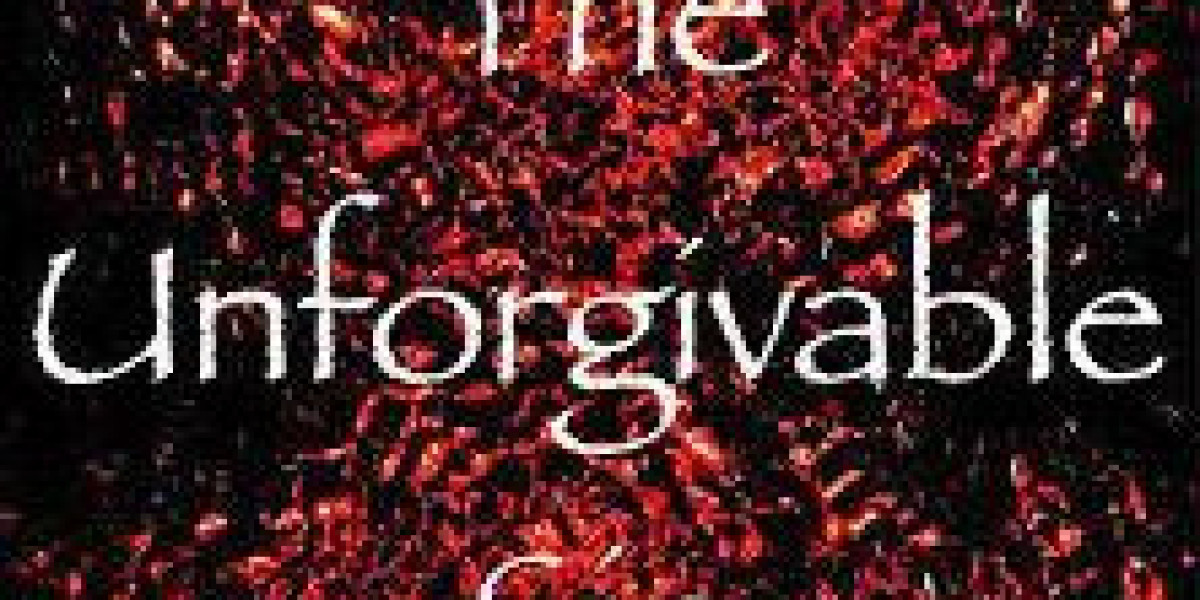Introduction:
Christianity has a rich literary tradition that spans centuries, encompassing various genres and theological perspectives. Within this vast library of Christian literature, certain books stand out as influential, thought-provoking, and spiritually enlightening. In this article, we will delve into three distinct areas of interest: the best Christian books, the concept of the unpardonable sin, and essential Christian theology books. Whether you are a devout believer, a curious seeker, or an avid reader, these topics offer valuable insights into the Christian faith and its intellectual heritage.
Christian literature offers a multitude of options that cater to different tastes, interests, and spiritual needs. Here are a few noteworthy recommendations:
- a) "Mere Christianity" by C.S. Lewis: A classic apologetic work that tackles essential Christian doctrines and provides logical arguments for the faith.
- b) "The Chronicles of Narnia" by C.S. Lewis: A beloved series of fantasy novels that skillfully weaves Christian symbolism into captivating narratives suitable for both children and adults.
- c) "The Cost of Discipleship" by Dietrich Bonhoeffer: A challenging exploration of what it means to follow Christ, emphasizing the call to genuine discipleship and costly grace.
- d) "The Hiding Place" by Corrie ten Boom: An inspiring autobiography that recounts the remarkable story of faith, forgiveness, and resilience in the face of Nazi persecution.
- e) "The Screwtape Letters" by C.S. Lewis: A unique and thought-provoking fictional correspondence between two demons, providing insightful commentary on the Christian life.
Unpardonable Sin:
The concept of the unpardonable sin has intrigued theologians and believers alike. Although different interpretations exist, the essence of the unpardonable sin revolves around a willful rejection of God's grace and forgiveness. While specific biblical references vary, the concept is often associated with the blasphemy against the Holy Spirit mentioned in the Gospels (Matthew 12:31-32, Mark 3:28-30, Luke 12:10). While opinions differ on the nature and scope of this sin, the general consensus is that it involves a persistent, deliberate refusal to acknowledge and accept God's offer of salvation.
To deepen your understanding of Christian theology, consider engaging with these foundational texts:
- a) "Institutes of the Christian Religion" by John Calvin: A comprehensive systematic theology that outlines Reformed Protestant theology, covering topics such as God, salvation, and the Christian life.
- b) "Summa Theologica" by Thomas Aquinas: A monumental work of Catholic theology that explores various philosophical and theological questions, including the existence of God, ethics, and the nature of man.
- c) "The Confessions" by Augustine of Hippo: An autobiographical masterpiece that explores Augustine's journey to faith, delving into philosophical and theological reflections on sin, grace, and the nature of God.
- d) "Knowing God" by J.I. Packer: A modern classic that emphasizes the importance of knowing and experiencing a personal relationship with God, guiding readers to a deeper understanding of His attributes and character.
- e) "The Crucified God" by Jürgen Moltmann: A profound exploration of the significance of Christ's crucifixion, emphasizing the transformative power of the cross in theology and Christian life.
Conclusion:
The world of Christian literature offers a diverse range of books that can inspire, challenge, and nurture your faith. Whether you seek spiritual growth, theological insights, or a better understanding of Christian concepts, exploring the best Christian books, contemplating the concept of what is the unpardonable sin, and delving into essential Christian theology texts can enrich your journey. May these resources provide you with valuable perspectives and deepen your appreciation for the vast tapestry of Christian thought and belief.



